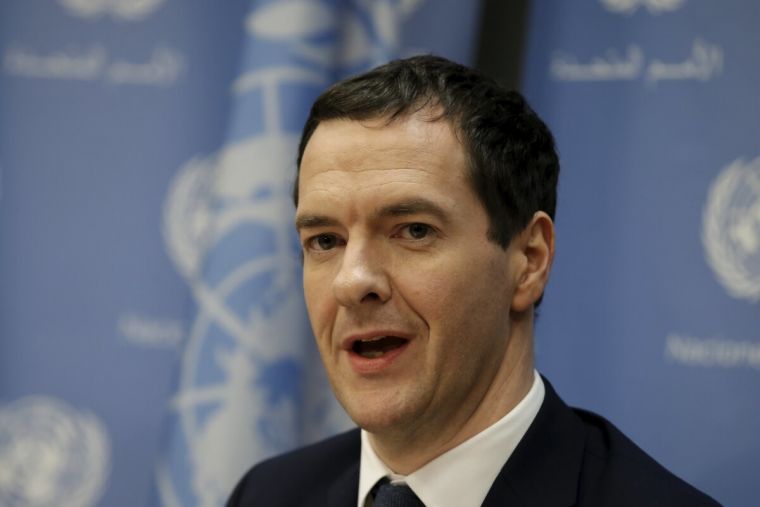Osborne's budget challenge deepens as deficit worsens in November

British public finances unexpectedly worsened in November, adding to Chancellor George Osborne's already tough challenge of hitting his austerity target this year.
But Britain's top budget forecaster said the deficit was likely to resume falling quickly soon.
Tuesday's official data showed the budget shortfall in the first eight months of the financial year was already close to Osborne's full-year objective.
"Barring a Christmas miracle, the Chancellor looks extremely unlikely to meet his borrowing forecasts this year," Capital Economics economist, Paul Hollingsworth, said.
Osborne, who has more than halved the deficit of about 10 percent of economic output that he inherited in 2010, is aiming to turn Britain's budget deficit into a surplus by the end of the decade.
That would bolster his credentials as a possible next prime minister and allow for income tax cuts before elections in 2020.
But he has struggled to make headway in recent months, partly reflecting a slowdown in Britain's strong economic recovery over the past two years.
Headline public borrowing rose to £14.2 billion, 10 per cent higher than in the same month last year and way above the median forecast of £11.8 billion in a Reuters poll of economists.
The Office for National Statistics (ONS) said the comparison with November 2014 was distorted by about £1.1 billion in fines paid last year by financial institutions caught in a foreign currency trading scandal.
Also, Britain paid about £1 billion more to the European Union in November 2015 than it did a year earlier, made a payment to the World Bank which last year fell in December and spent about £1 billion more on public investment.
On the positive side for the government, tax revenues continued to rise, part of an encouraging trend for Osborne after Britain's economic recovery failed initially to bring in much more income tax.
For the first eight months of this tax year, net borrowing was 8.9 per cent lower than between April and November 2014 at £66.9 billion, already close to the full-year forecast by Britain's budget office of £68.9 billion.
Robert Chote, chairman of the Office for Budget Responsibility, said he still thought the pace of reducing the deficit would pick up, helped by self-declared income tax payments which land in January and spending cuts which have not yet shown up in the numbers.
"We think there are a variety of reasons to think that the fall in the deficit is going to be faster over the remainder of the year than it has been to date," he told BBC radio.











